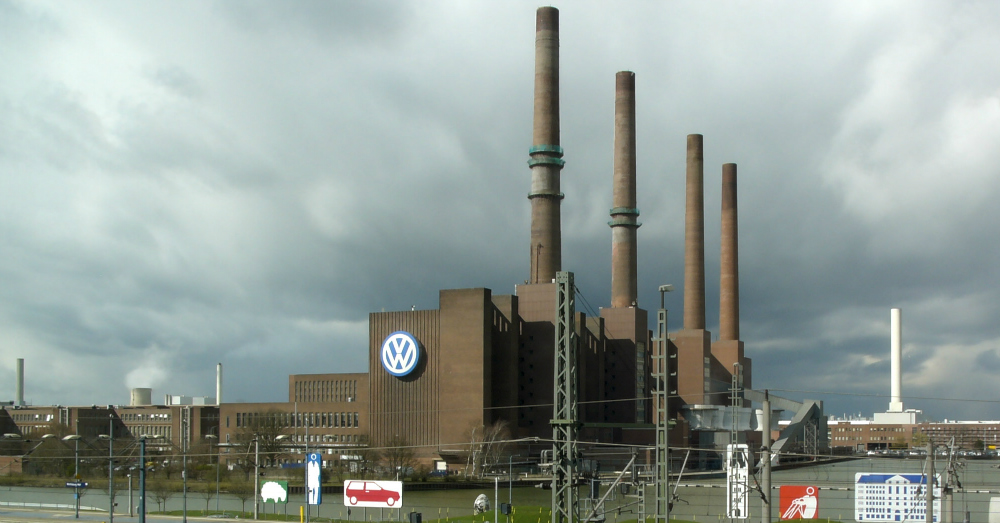The promise the leaders of the Volkswagen brand made when the diesel scandal erupted last year was to make sure workers wouldn’t suffer. Only those responsible for this blow to the company were to be held accountable, but the company recently announced they will cut 30,000 jobs which sounds like just the opposite. While cutting these jobs VW will add approximately 9,000 technology based jobs to help with the new electric platform and technology needed to aid the company in moving forward. That still adds up to 21,000 people who will lose their jobs, but it’s not the same way we’re used to thinking of job loss.
At Volkswagen, just like other German companies, employees have half the seats on the board of the brand and they also have the support of the Lower Saxony state which owns a stake in the company and typically supports the employees. This makes sense because of the way the VW company employees make up the economy of the state, but if the cuts won’t be made in a traditional manner, how are these jobs going to be cut and the numbers be reduced at this company.
When you look at what VW has in regards to employee numbers it seems there should be some serious cuts made. VW employs 624,000 people around the world, Toyota has 349,000 and GM has 202,000 yet all three companies sell around the same number of vehicles each year which is roughly 10 million, at least it was until the most recent scandal by VW. Because of this scandal and the money it will cost the Volkswagen Group, all twelve brands have had to tighten their belts and help find a solution to this problem and inflated numbers of employees certainly doesn’t make things any easier.
In answer to the question of how will VW get rid of so many jobs it’s going to be through simple attrition. The labor representatives won a guarantee of no involuntary layoffs through 2025, but the company will offer early retirement packages to those who are nearing their retirement age an there will of course be some employees who leave on their own. Many of these jobs won’t be replaced in the upcoming years, which will naturally give the company the reduction in workforce they’re looking for. These reductions are expected to take place in Germany, Brazil and Argentina.
The 9,000 new technology based jobs are expected to be kept mostly in Germany, giving the workforce a boost it needs in the area. Because the employee representation of this company is strong, VW is unable to make layoffs in a traditional manner, but that’s a positive aspect of this reduction in workforce for the company. Even though 30,000 jobs sounds like a lot, it’s actually less than a five percent reduction and it will only affect those who are going to naturally leave the company anyway, making it possible for Volkswagen to keep its promise of not laying anyone off.
This post may contain affiliate links. Meaning a commission is given should you decide to make a purchase through these links, at no cost to you. All products shown are researched and tested to give an accurate review for you.
